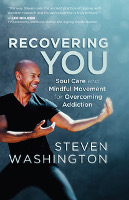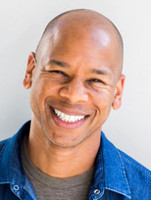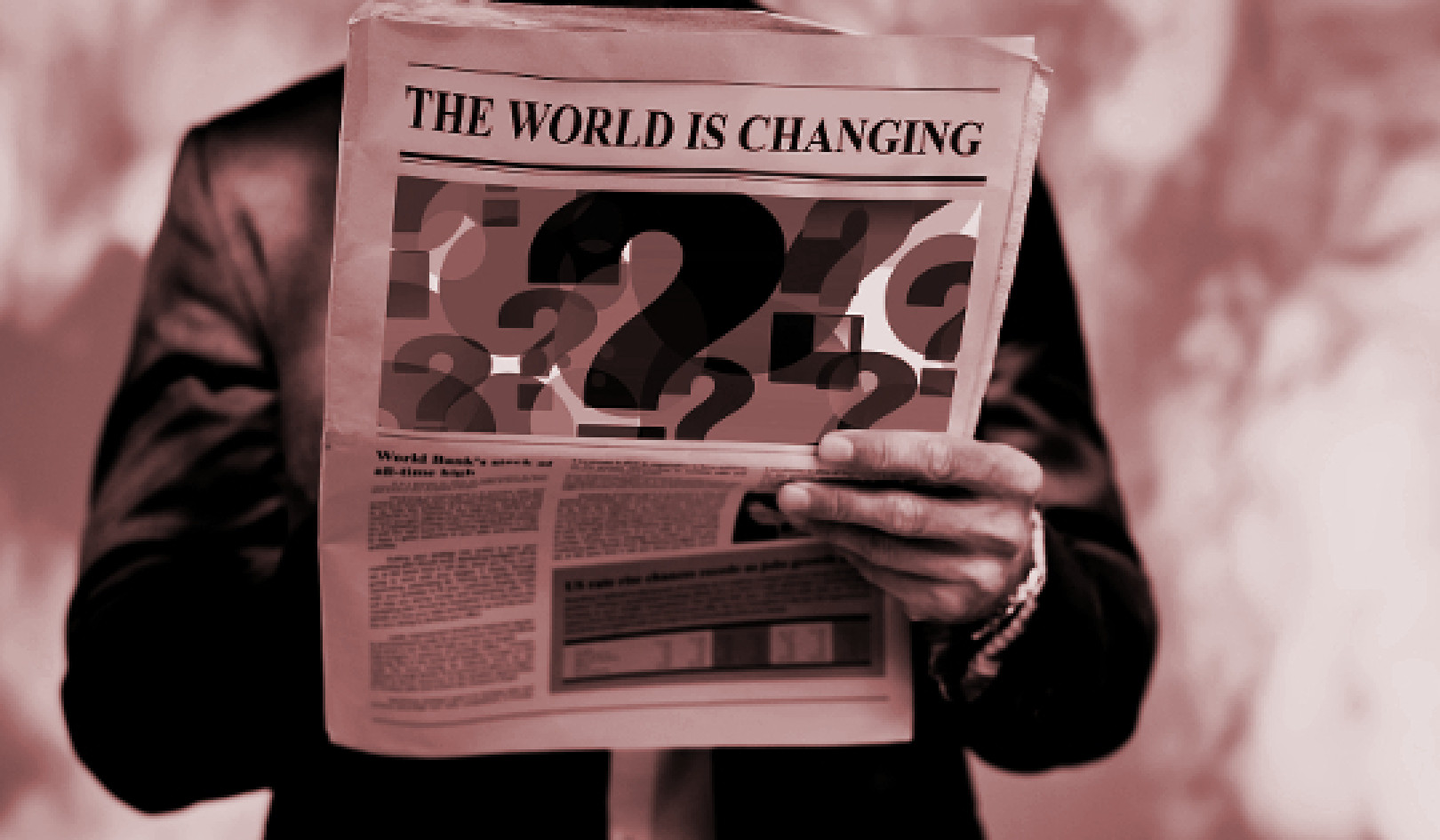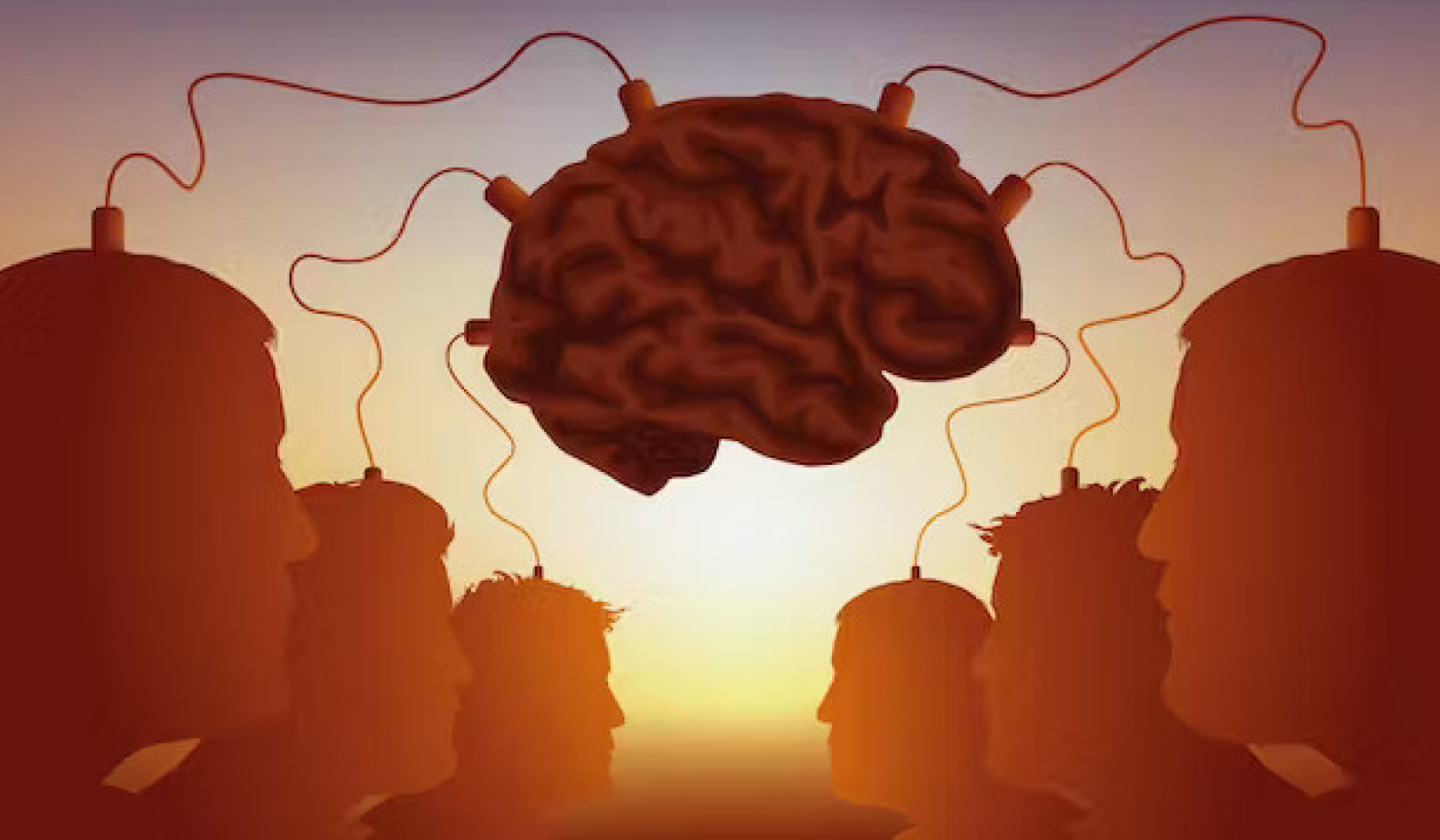
Image by Victoria_Watercolor
Editor's Note: Addictions do not only involve drugs and alcohol. They can also be repetitive responses to something or someone in our life. A person can trigger our anger, our rebellion, our fear, our withdrawal, etc. The "automatic" response can be an "addictive response". This article, while it deals with addiction and its triggers, can also be applied to other life situations and "habits" such as anger, rage, sadness, etc.
Without a doubt, taking steps to change our life takes courage. In some ways, it can seem easier not to change and to go on doing the same destructive things we're accustomed to. At least these are familiar, and there is perceived safety in what is known. Stepping into the unknown and beyond the constraints we have created for ourselves is no small feat, but it is a worthwhile effort.
Once we have made the decision to change and started our recovery journey, we still may be tempted to fall back into old habits and patterns. Feelings, interactions, and events that tempt us are called triggers. A trigger can be anything; it is whatever makes us want to act out our addiction or engage in familiar negative behavior.
It is fair to say that along a recovery journey, a person will be triggered many, many times and often in unexpected ways. For instance, at a family function, we get into a familiar disagreement with a relative who gets under our skin, and the interaction creates unrest within. We stalk off into the kitchen and are suddenly surrounded by temptation.
We have had our disordered eating under control, but in that moment, we know that if we put even one chip in our mouth, we won’t be able to stop. We are upset, and we know eating will soothe those feelings like nothing else.
How do we maintain self-discipline? People who live with addiction can be caught off guard by cravings inspired by a person, place, or thing at any time.
Triggers Can Lead to Relapse
The science of addiction to substances relates to all other addictions, including food, sex, gambling, and others. Researchers have found that the brain has the same chemical response to substance abuse as it does to compulsive, non-substance-related behaviors. In other words, people who get “high” from disordered eating, gambling, pornography, and so on, have the same chemical reaction in the brain as folks who drink and do drugs compulsively.
Thus, anyone in recovery for any reason is susceptible to the triggers that can lead to relapse. Indeed, relapse is a part of recovery for many. No one is perfect. We set good intentions to change, but we are only human, and we sometimes fall. When we do, it is important to get back up and carry on. Feeling triggered is very common in recovery, especially early in the process.
Knowing this, learn to recognize your common triggers, make a plan for dealing with them, and avoid them as much as possible (see the “Recovery Toolbox” below).
In early recovery, I realized certain people triggered me to want to drink and do drugs. This was logical, since substances were the common thread that had run through those relationships. As a result, I decided I had to put distance between myself and those particular people. I had to choose. It was either my sobriety or those relationships. I chose my sobriety.
Ending a relationship is not always a choice a person can make. It is not always a choice someone wants to make. We can’t easily disconnect from every person and place that might be a trigger during our recovery. We may have spouses, children, and other relatives who are, in one way or another, closely tied to our addictions, and we may feel triggered whenever we are around them. Our job may be closely linked to our addiction or a source of triggers. These are all very complicated relationships and situations to navigate.
Avoiding triggers is not the only criterion for deciding what to do when it comes to our family, our friends, our work, and where we live. In fact, it is not always advisable to make big changes like changing jobs, moving, or ending a primary relationship in early recovery. Doing so can add stress to an already stressful situation.
Stress As A Trigger
Stress itself can cause us to feel triggered, and being triggered can lead to panic or worry. However, while we can’t avoid triggers, we can choose how to respond to them.
Despite what our body and mind might be telling us in the moment, panic and worry are optional. We don’t have to treat being triggered as a cause for despair.
Sometimes we believe, to overcome strong feelings, we must respond to and resist them with equal strength, but that is false. Sometimes the best solution is to do the opposite: to allow the triggered feelings and do nothing. To remain calm, remember that this is all part of the territory, and wait until the feelings pass. And they will pass.
I had a conversation with my recovery friend Suzy about triggers and coping strategies. Suzy is a vibrant woman in her late fifties who’s been married to her husband for over seventeen years. Suzy and I met in a recovery meeting in Northern California many years ago and became fast friends.
She believes strongly in the temporary nature of emotions. “It’s all temporary. Whatever feeling or emotion that I have will pass. It will come and it will go, and there are a lot of tools that will get me through it.”
Suzy has an interesting recovery story because she is juggling multiple addictions. She entered 12-step recovery to stop drinking and using drugs. Shortly after, she discovered an addiction to food that needed to be addressed as well.
I didn’t put two and two together until after I stopped drinking and drugging, and then I was left with me and all my own feelings and emotions. I dove into recovery. In 12-step recovery there are writings about substituting sugar for the craving of alcohol, and my first sponsor even encouraged it. I do not encourage that with people I help in recovery because, for those of us with disordered eating, it’s not a good suggestion. It’s not a safe action to take. You must be very careful.
Yet in the recovery meetings, there is the coffee and the doughnuts and the sweets, and those can be triggers. They often are. It wasn’t until I put down the drinking and the drugs that I realized, ah, there was still more to look at.
Recovery Toolbox
Coping successfully with triggers boils down to three main things: practicing healthy physical self-care, knowing yourself and your triggers, and proactively making plans for what to do when you are triggered.
Suzy offered this advice for coping with addiction triggers:
Community, the hardest thing in the beginning of any recovery. It is important to find a community of people who get it. That will support you on your good and bad days. That is an integral part of strong recovery. And be open to new experiences like qigong, massage, yoga, or whatever Eastern or Western modality that works for you. Get out of isolation and into the movement. Move a muscle, change a thought. It will help you get unstuck and away from where you are.
Eat, Drink, Rest, Exercise
Your ability to handle any challenges depends upon you being at your best. That means making sure that you are taking good care of yourself by eating well, staying hydrated, getting enough rest, exercising, and practicing good hygiene. When any of those aspects of self-care are lacking, you are more at risk of being caught with your defenses down when triggered. In 12-step recovery, there is a saying, “Don’t let yourself get too hungry, angry, lonely, or tired.” This is encapsulated in the acronym HALT.
If you are hungry, be sure to eat. If you are angry, call a friend or someone you trust and talk about your feelings; same if you are lonely. Reach out to someone who has your back. If you are tired, take a nap or at the very least close your eyes and breathe deeply for a few minutes.
Being mindful of where we are with our self-care habits is crucial. It is extremely difficult to safely navigate a triggering moment if we are depleted and not running on all cylinders.
Know Your Triggers
No two people are the same. What triggers one person may not trigger another. Suzy mentioned that she gets triggered by the available sweets at recovery meetings. I, on the other hand, am not triggered by that. Everyone is different. Emotional and environmental triggers can also inspire the desire to act out.
Take some time to make a list of your triggers. Some common triggers are walking or driving past a bar you used to frequent, listening to music that you played while using, being around someone who is drunk or high, a stressful day at work (or payday), a disagreement or argument with another person, a celebratory moment, or even moments of boredom.
Don’t fool yourself by thinking that you don’t have triggers or won’t be triggered. They are a very real part of addiction and recovery. That is why you need to anticipate what triggers you. You will have a better chance of responding in a healthier way if you do.
Create a Trigger Plan
Give some thought to how you will handle your triggers when they pop up. Come up with a simple plan of action. For instance, if a certain bar or neighborhood makes you want to act out, plan to take an alternate route to get to your destination. That is exactly what I had to do in early recovery, and it helped me avoid some tricky moments.
If you are concerned about wily encounters with others that may be triggering, consider role playing with someone you trust or even by yourself in the mirror. Practice saying whatever you will need to say in order to avoid succumbing to the craving and relapsing. It is better to practice when you aren’t in a crisis so that you are ready when the stakes are higher.
However, we can’t always anticipate triggers, so the most important part of any plan is anticipating what you can do to stop yourself from following through no matter what the situation. One strategy is to immediately pause and consider the consequences.
I’ve heard it said that if you stay in a barbershop long enough, eventually you will get a haircut. If you have a drinking problem and pick up the first drink, imagine that you will probably drink several more and get drunk. If you are a food addict and you eat a slice of cake, imagine how easy it will be to eat the entire cake. If you are a compulsive gambler and you walk into a casino, imagine the usual result: gambling all your money away. Consider the further consequences of guilt, shame, and regret that will result if you act out with your addiction.
Every action has a consequence, but in moments of temptation, we sometimes indulge in magical thinking and decide that this time it won’t. Don’t kid yourself. When triggered, pause, think of how this path has always ended, and do something else (in your plan). This can save you a lot of trouble and heartache.
Deep-Diving Discovery Questions
To explore this topic further and discover insights, I invite you to journal your answers to the following questions.
-
Having support when you feel triggered is a good defense against acting out with your addiction. What type of support do you have in your life today, and where can you find any further support you need?
-
What positive activities could you engage in to distract yourself from your triggers? Brainstorm the types of situations when each activity might be the most effective in the moment.
-
Imagine being triggered and responding to it successfully to avoid relapse. Write that story. Start with a situation that you would normally find triggering, and imagine using the tools from the “Recovery Toolbox”: practicing good self-care, knowing your triggers, working the trigger plan you created, employing one of your support systems, and engaging in distracting activities to avoid acting out. Take your time and be detailed. See the moment clearly in your mind and feel it in your heart. See yourself handling the moment in a new, empowered, and effective way.
-
When you’re finished writing this story, write about how this exercise made you feel.
Copyright ©2022. All Rights Reserved.
Printed with permission from New World Library.
Article Source:
BOOK: Recovering You
Recovering You: Soul Care and Mindful Movement for Overcoming Addiction
by Steven Washington Steven Washington shares his story of growing up around alcoholism and going into recovery for his own drug and alcohol addiction. But the heart and soul of this book is his process of guiding readers through fear, shame, and regret and into community and gratitude. Self-massage, breathing, meditation, and, uniquely, a focus on qigong — the ancient movement practice at the heart of Chinese medicine and Taoist philosophy — liberate, energize, and soothe.
Steven Washington shares his story of growing up around alcoholism and going into recovery for his own drug and alcohol addiction. But the heart and soul of this book is his process of guiding readers through fear, shame, and regret and into community and gratitude. Self-massage, breathing, meditation, and, uniquely, a focus on qigong — the ancient movement practice at the heart of Chinese medicine and Taoist philosophy — liberate, energize, and soothe.
For more info and/or to order this book, click here. Also available as an Audiobook and as a Kindle edition.
About the Author
 Steven Washington is the author of Recovering You: Soul Care and Mindful Movement for Overcoming Addiction. As a former professional dancer who performed on Broadway in Disney’s The Lion King, his love of movement inspired him to become the highly acclaimed Qigong and Pilates teacher that he is today.
Steven Washington is the author of Recovering You: Soul Care and Mindful Movement for Overcoming Addiction. As a former professional dancer who performed on Broadway in Disney’s The Lion King, his love of movement inspired him to become the highly acclaimed Qigong and Pilates teacher that he is today.
Steven lives a joyful life of recovery and is passionate about helping others as they navigate towards health and happiness. He offers Qigong, Pilates, Dance, Meditation, Laughter, and more through his website. Visit him online at StevenWashingtonExperience.com





























